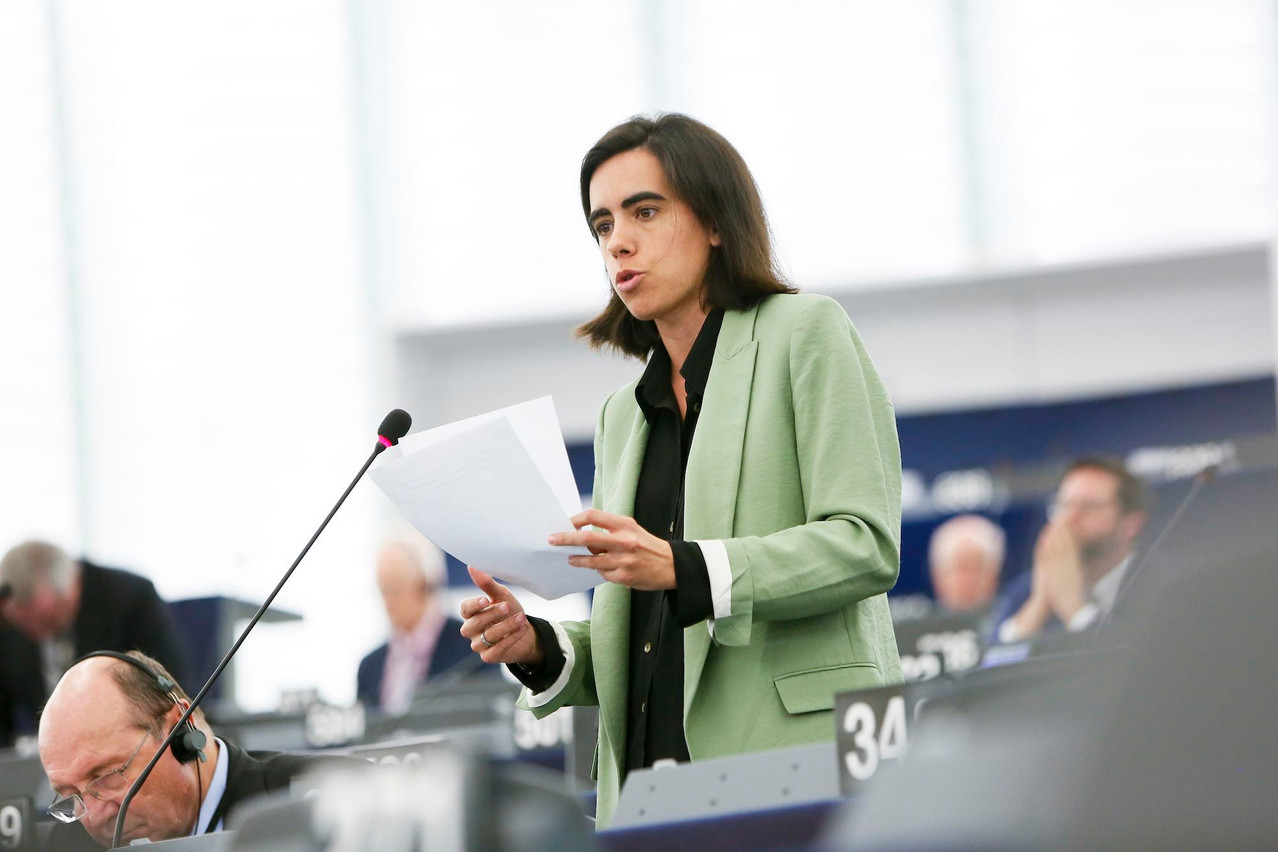The European Parliament and EU member states have reached a “provisional agreement” on revamping EU investment fund rules, including the Alternative Investment Fund Managers Directive, a key concern for Luxembourg’s fund sector.
“The updates will strengthen investor protection, improve company’s [sic] access to finance from sources other than banks, better tackle greenwashing, and help complete the customs market union [sic] by limiting national approaches, when it comes to the marketing of alternative investment funds (AIFs),” according to a European Parliament issued on 20 July.
The Spanish MEP Isabel Benjumea (EPP), who shepherded the package, Delano’s sister publication Paperjam: “We are paving the way for a significant step towards completing the Capital Markets Union, with stronger and more ambitious regulation in this sector to compete with our counterparts in the United States and Asia. Although European markets have expanded significantly in recent years, there is still plenty of room for improvement and growth.”
Fund delegation rules
Under the EU’s existing fund delegation rules, different management and operational functions can be handled by different business units or service providers in more than one country. The practice is widely used by Luxembourg-domiciled investment funds. Under the provisional agreement reached this week, those rules will be slightly stiffened. “Asset managers will continue to benefit from the ability to delegate portfolio or risk management to third parties, albeit with more requirements on substance and greater transparency to regulators regarding delegation arrangements,” Alternative Investment Management Association . “EU investors will continue to benefit from access to global expertise, as well as the broadest range of alternative investment strategies.”
“Firms will be subject to tighter restrictions around liquidity risk management,” AIMA said.
Private credit funds
The law firm Arendt & Medernach that the package aligns requirements between the AIFMD, which regulates funds for professional and savvier investors, and the Ucits directive, which regulates funds for retail investors. Arendt & Medernach said it “also introduces new rules in relation to loan origination funds, identification of undue costs and prevention of possible misleading names for investor protection.”
The loan origination fund changes will, the AIMA said, “ensure that managers and their funds can lend on a cross-border basis subject to a single set of EU rules.” Many in Luxembourg’s financial sector a harsher clampdown on the fund class, also known as private credit or private debt funds.
Industry reaction
“We welcome most of the new rules on delegation, liquidity risk management and passporting for loan origination funds as relatively sensible,” stated Jiri Krol, deputy CEO and global head of government affairs at the AIMA trade group. “Some restrictions, such as leverage limits on loan funds, are difficult to justify but we have worked closely with policymakers to ensure they are better defined and calibrated than the original proposals.”
The Association of the Luxembourg Fund Industry that it “welcomes this important milestone that, although going beyond the initial scope of the review, will further strengthen investor protection and the effectiveness of the regulation applicable to investment funds and asset management companies in Europe.”
“We will be happy to share our thoughts on the agreement once more details will be available,” Alfi stated.
Next steps
The agreement was provisional. The exact legal text still needs to be thrashed out before the final deal can be signed. Once inked, the European Commission and EU member states will then have 18 months to issue technical requirements and transpose the rules into national law.
